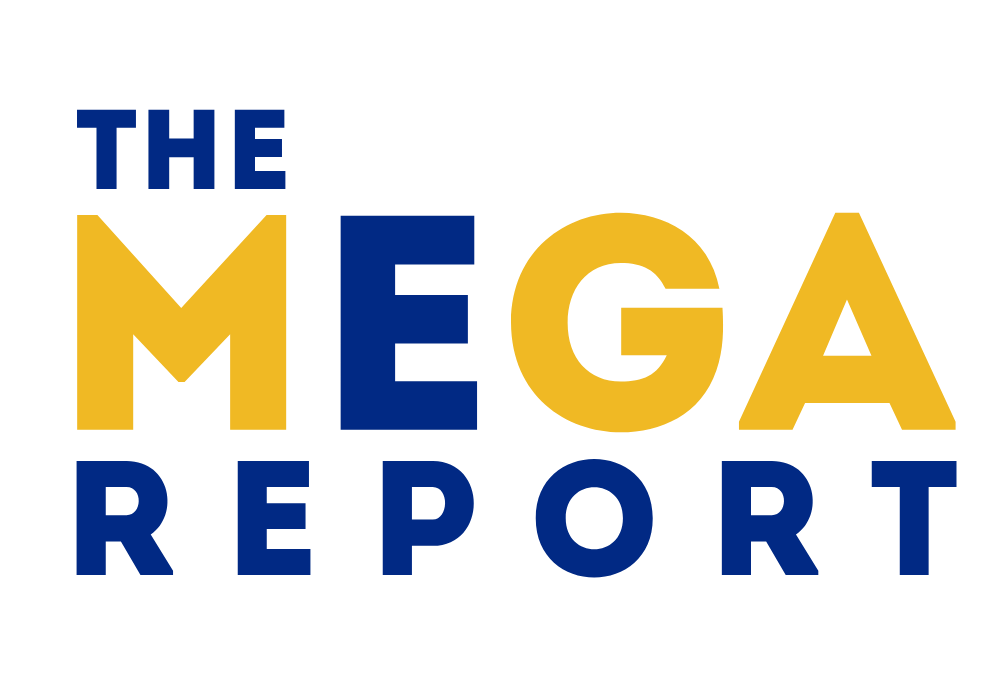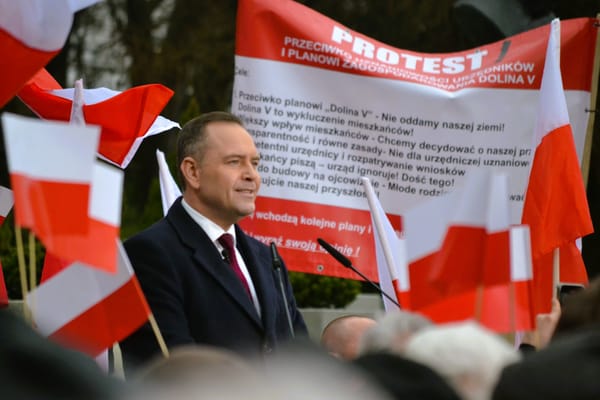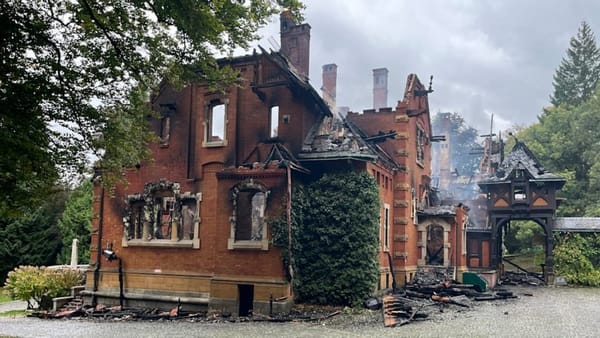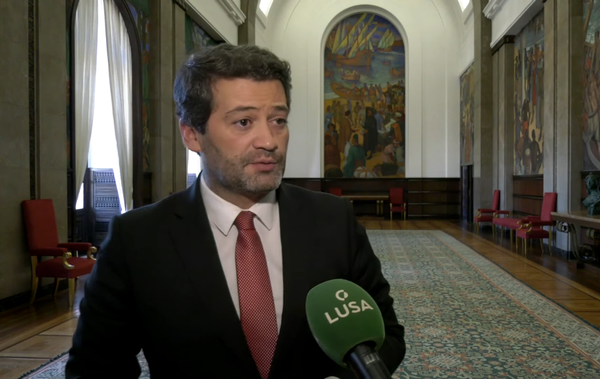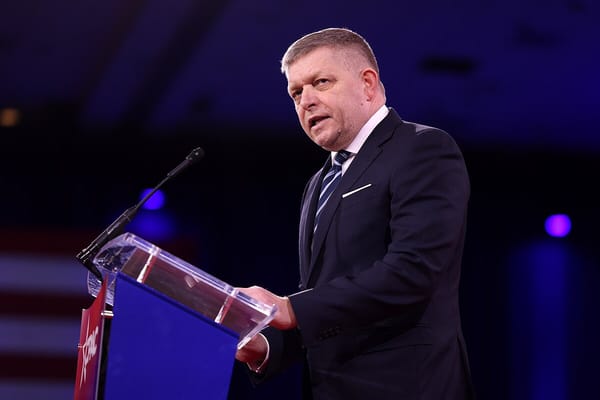Make Europe Great Again (MEGA), day two: Green Deal, migration and identity crisis
Tuesday, July 29, in Chisinau, Republic of Moldova, the fourth edition of the Make Europe Great Again (MEGA) conference continued, despite the abuses committed by the regime controlled by Maia Sandu.
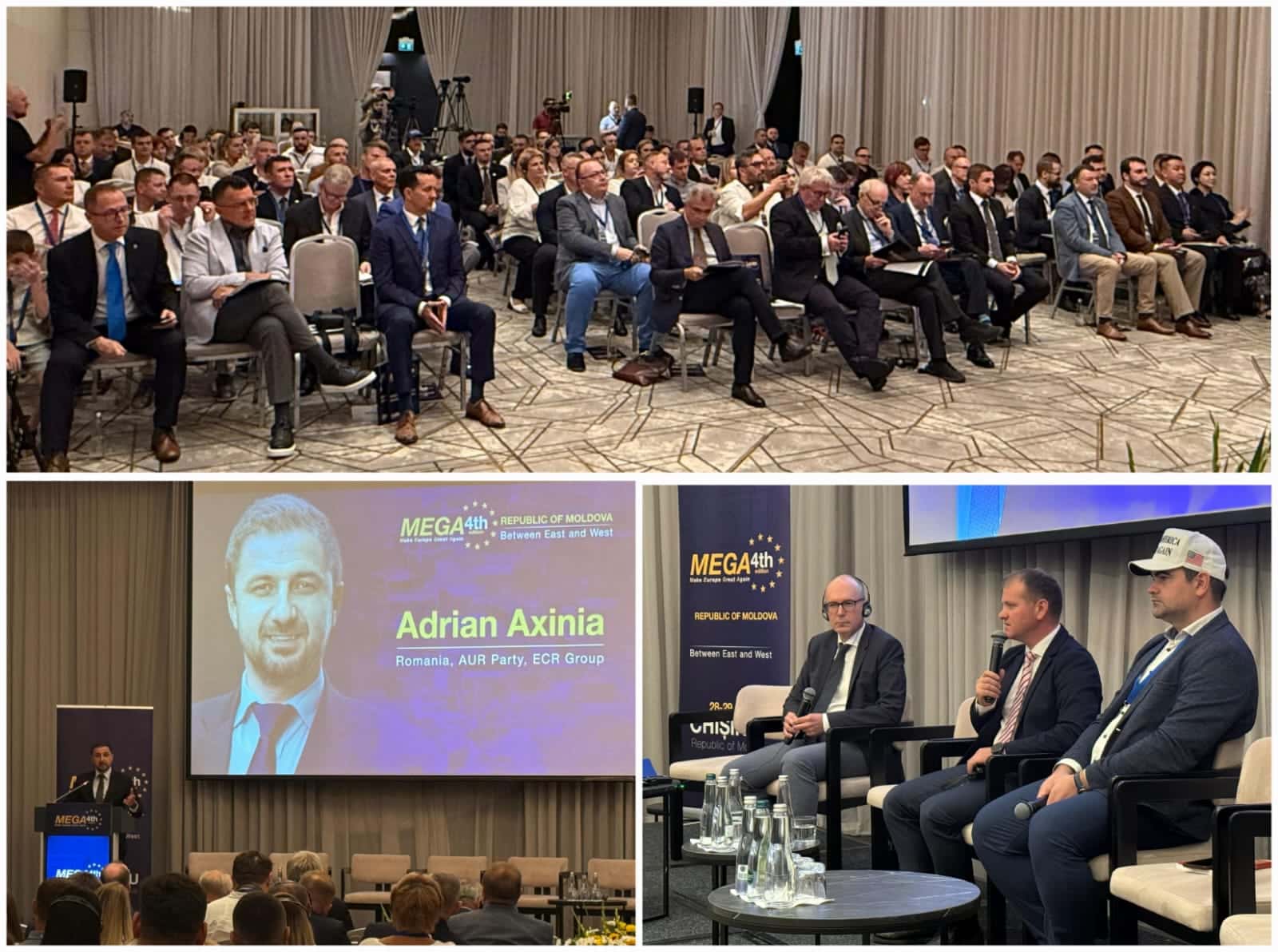
The event brought together political leaders, experts and opinion leaders from Europe, but also from other continents. The second day was dedicated to discussions on energy sovereignty, the impact of climate policies, uncontrolled migration and the European identity crisis.
In this context, AUR MEP Adrian Axinia summarized the essence of the MEGA conference and the real stakes of the debates:
"In these two days, more ideas and solutions to the problems facing the Republic of Moldova have been expressed here, in Chisinau, than in the last 10-15 years in the Republic of Moldova. I do not say this with arrogance or superiority, but with the conviction that dialogue and pluralism of opinion should be the way forward for the Bessarabian brothers to the detriment of oversimplifying democratic life in this country. For those who participated in these debates, I think we can draw two conclusions: First, that it is worth fighting for Moldova. Yes, the Republic of Moldova is a small country, but it is part of a large nation. In any circumstance, it has Romania by its side, and those who say that we do not want the good of Bessarabia are shamelessly lying. Second, I think everyone was able to convince themselves of the need for a third way in the Republic of Moldova. It is possible to be something other than Macron's trailer with the rainbow flag above its head or a servant of the cold wind coming from the Great Bear in the East. We "We want a pluralism of political opinion for Bessarabia. We want these two currents, unionist and conservative, to be allowed to develop and take root."
The panel dedicated to the energy transition and the impact of the Green Deal brought to the forefront the economic and security challenges facing countries in the region.
"The Green Deal is a new Valev Plan. A strategy of domination, not development. A modern form of ecological colonialism, masked under a green ideology, but driven by commercial, geopolitical and ideological interests. Romania and the Republic of Moldova risk once again becoming the poor periphery of a finished empire, which promises greenery and delivers austerity. That is precisely why the MEGA conference is not just an event, it is a historical necessity. We need an authentic platform of resistance and conservative reconstruction, which will defend national and economic sovereignty, freedom of expression and our lifestyle. Romania and the Republic of Moldova must not accept being reconfigured according to external ideological calculations. We will not become a colony of reverse transitions, ruled by elites living in glass towers. Europe can be great again, but only if it respects nations, protects its industries and preserves its roots," said AUR deputy Valeriu Munteanu.
Historian Ion Mischevca denounced the ideological utopia promoted in the form of the Green Pact:
“The so-called Green Deal is, in fact, the same centralized utopia, only painted green. We are promised sustainability, “climate justice” and net zero emissions. But we have heard these promises before. The slogans are new, but the logic is the same. (…) We were told that the green transition would protect Europe's future. In reality, Europe is being pushed towards collapse: energy dependent, industrially weakened, with burdened people, while China and the US advance.”
In the second panel, entitled "Uncontrolled Migration and the Loss of European Identity", participants highlighted the dramatic effects of the loss of cultural landmarks in Europe.
"Europe is a deeply diverse continent, with a long Christian history. Our diversity is not a recent invention, it comes from a common past, from traditions and cultures that bind us. That is precisely why, as Europeans, we feel at home in Tallinn as well as in Rome, in Dublin or in Bucharest. This is the idea of unity in diversity. Unfortunately, nowadays, the term "diversity" has come to mean something else. European cities are overwhelmed by waves of uncontrolled migration, to which are added increasing masses of illegal immigrants. Europe is increasingly transforming into a continent of migration, with an accelerated Islamization that directly threatens the cultural and identity heritage of the continent", emphasized MEP Johan Deckmyn.
Jana Zibulski, political advisor, spoke about identity as the foundation of freedom:
“Identity is not a luxury. It is a fundamental human need. It tells us who we are, where we come from, and who we belong to. And identity is not one thing, but many things at the same time: national, cultural, social identity, and so on. When we stop telling our children who we are, when we weaken our culture in the name of tolerance, when we allow our own way of life to be disregarded, we put identity at risk. We have seen what leads to the loss of identity: the loss of trust in our own traditions, the idea that national identity no longer matters. But we have also seen what protects it: a solid education, anchored in history, a healthy pride in our own culture, a society that knows where it stands and is not willing to give in. Because a nation that looks at itself cannot remain free. If we want to protect our future, we must first protect our identity, here at home.”
Journalist Vlad Cubreacov drew attention to the real cause of European transformations:
"Islamization is perceived as a real danger in certain European societies. But we must recognize that this is not the main risk. The problem is not the "Christianization" of Europe, but the fact that we, as societies, are changing from within, in values, in behaviors, in demographic structure. For example, in France, 40% of newborns come from Muslim families. In Great Britain, the Netherlands, Belgium, the percentages are (…) growing rapidly. The problem is not necessarily immigration or the religion of others, but the fact that European societies seem to have given up on their own landmarks. And European states, including Romania, must have the freedom and the necessary tools to protect their identity."
"Even though we had difficulties at the beginning of the conference, even though the media team and the event's logistics team, a total of 12 people, were stopped at the border, even though Greeks, Czechs, American politicians were banned from the Chisinau airport, we showed that we are not here for political propaganda. Even though lies were spread in the press, with false headlines and so-called "investigations" that had only one purpose: to distract public opinion from the incredible abuses committed through these bans, especially against a member of the European Parliament, we showed that we are here to convey the central message of MEGA: that we value our conservative values, the sovereignty of our countries and the fundamental purpose of the European project," concluded AUR senator Cristina Dumitrescu.
